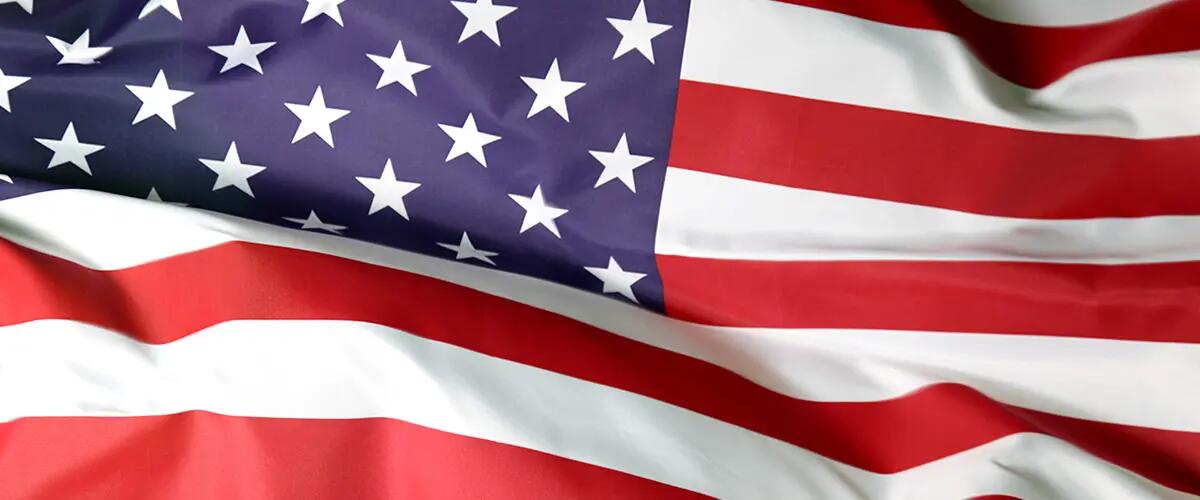
Americans have civic duty to pay taxes to help nation in crisis
This piece was written by Rutgers Business School professor Jay Soled and Richard Schmalbeck, the Simpson Thacher Bartlett Professor of Law at Duke University. It was originally published in The Hill on April 17.
During this tax season, Joe Biden, the remaining Democratic presidential contender, and his supporters are advocating higher taxes, either in the form of a new wealth tax or by raising the marginal rates of the income tax. Those who disagree often say, “Hey hypocrites, if you truly believe this, why not dip into your own pockets rather than impose a burden on the rest of us?” On its face, this argument is appealing because after all, we expect honest people to do what they would have others do. But this fundamentally misunderstands the argument for higher taxes.
By design, taxes are a shared enterprise. They are not the undertaking of a single person. We cannot build bridges, support the military, or battle any pandemics by ourselves. The same is true for taxes. A functioning society requires every person to be a team member, obligated to participate in its civic duties and responsibilities. The government needs to be funded in a manner mutually agreed upon by Congress and the people, based on the principles of fairness and ability to pay. Taxes are a collective obligation, and their payment marks one of our civic duties as Americans.
If we want to achieve revenue increments that enable the government to provide useful services, without unduly increasing the national debt and while apportioning sacrifice equitably, tax increases are the only manner by which this objective can truly be achieved. As a general matter, voters harbor mixed emotions when it comes to taxes. On the one hand, no one likes being taxed, and those who especially loathe them are more inclined to support political candidates who assure the public that Congress need not raise taxes or, better yet, can even pass laws to cut them.
Yet these very same voters often value the many governmental services that taxes provide, such as Medicare, income security, national defense, and interstate highways. They also express sincere misgivings about the government, believing that even during highly prosperous times, it was adding $1 trillion every year to the federal deficit. Needless to say, that picture has now changed drastically with a $2 trillion stimulus package already passed and more under discussion to restart the economy and send badly needed income to the more than 22 million Americans who filed for unemployment since this crisis started last month.
All our financial challenges cannot be solved by charitable contributions from tax increase advocates. Such “patriotic philanthropy” only serves to reward free riders and to distribute the burdens of government primarily among those who are altruistic and generous. It also likely comes at the expense of genuine charitable institutions, which have their own private sector roles to play in our national welfare and which need philanthropic support now more than ever. During this tax season, may we reaffirm our common bonds and commitment to keep our nation fiscally solvent and whole. For love of country, nothing could be more important.
Richard Schmalbeck is the Simpson Thacher Bartlett Professor of Law at Duke University. Jay Soled is a professor of accounting and information systems and director of the Master of Taxation Program at Rutgers Business School. The authors have both testified before Congress on various tax policy issues facing the nation.
Photo Illustration: Getty Images.
Press: For all media inquiries see our Media Kit


